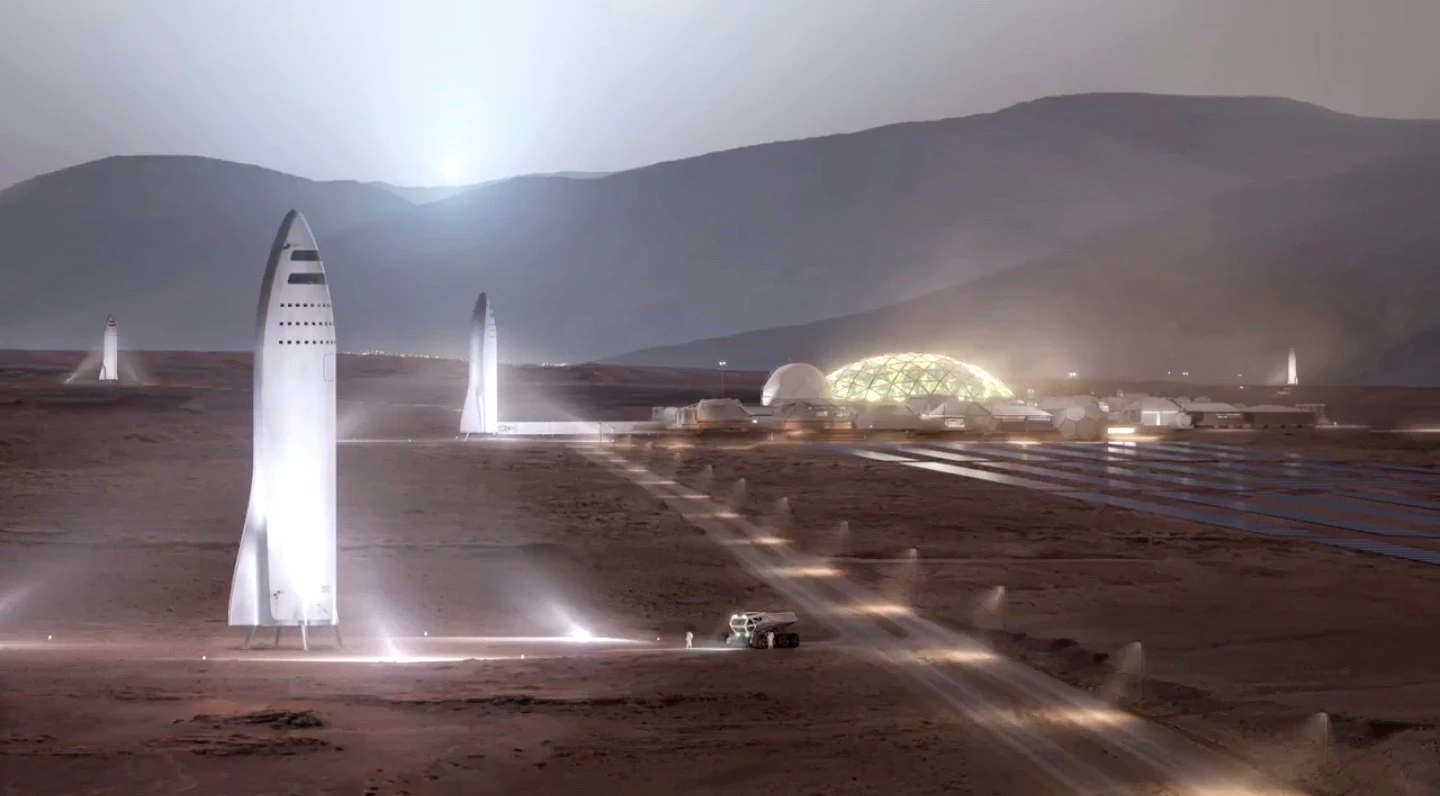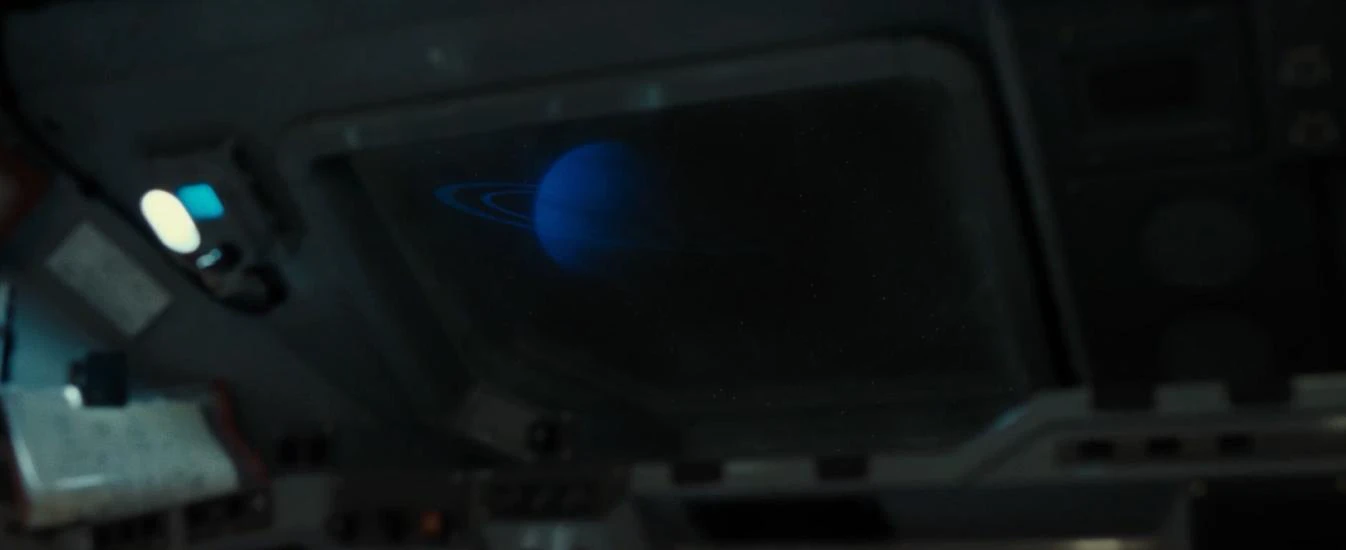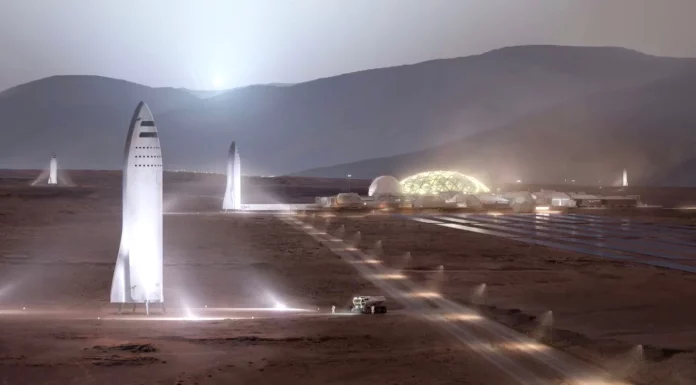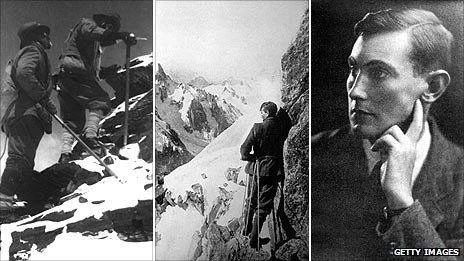Put yourself in the evening of the Belle Epoque Western world – right to the edge, the beginning of 1914 before horror erupted from within our industrial world. It’s hard to imagine the true spirit of this time today. We’re taught to see it as doomed, regressive, plain and old-fashioned, and that the trudging march towards a horrific industrial slaughter was unstoppable. But let me give you some facts that will help you seat yourself in what was happening at that time:
- Every Western nation was an industrial powerhouse, producing their own goods to a quality standard that we can no longer match. This field was far more open than it is today, it is probably comparable to the openness of computing in the 1990s, except everything was homegrown, from the ground up.
- In the late 1940s, birthrates in Australia were around 3.5 children per family. They were even higher in the preceding decades, and our government respected the citizens’ sovereignty in deciding how full their country should be. This is what I call voting with the womb and I will write another article on this soon. This birthrate is an indicator of a healthy male/female dynamic, and good general moral character.
- The rate of novel inventions was higher than it has ever been. It is often remarked that in the late 1800s, by the time a patent application was filed the technology it covered had already been made obsolete by another invention. If you brought back a dozen Victorians to our day they would quickly eclipse us in intelligence.
- Optimism in the New World was at an all-time high. Prior to World War I, Argentina had one of the world’s largest economies and Australia and New Zealand were full of vigour and confidence. Brazil was not the dusky hellhole it is today but was instead a strictly moral and prosperous nation. America, of course, had grown the world’s largest manufacturing base through its protectionist policies.
- Virtually every continent was under British, or at least Anglo-Celtic, domination. Australia and New Zealand dominated Oceania. Canada and the USA dominated the Americas. Britain was the master of Europe, albeit by a hair. China and India were under the Empire’s thumb. Even in Africa, whites were settling in South Africa, Rhodesia, Kenya, Mozambique, Algeria, Namibia, and elsewhere. Today this seems bizarre and almost suicidal to us. They saw it differently then.
In summary, there was a White Europe, a White Australia and New Zealand, a White North America, a White South America, the very real emerging possibility of a White Africa, and total White domination of Asia. Although not perfect, all of these places had massive manufacturing infrastructure, healthy birthrates, strong moral character, and inventive dreamers. It was a place where a man making bicycles in his shed could decide to switch to firearms production, come up with a quirky, revolutionary action, and trial it with his nation’s military. This was in many ways the sort of large scale system that Western man will thrive under. Enough of his liberties that he may be left alone, but enough of his administration and organisation that he may not be challenged by outsiders.
What all this points to is unrepentant, incorrigible optimism. The big one to me is the settlement of Africa. Africa today is a completely different place to Victorian times. We are now dealing with over a century of uncontrolled population growth there fuelled by Western goodwill. Back then, whites were actually the majority in more than a few African regions, and the domination of entire continents was usually conducted by a few score of young men. We can hardly even conceive of this now, and the thought of colonising Africa seems insane, but what we know now that we didn’t then is that African population growth is purely resource-limited. They will continue having children until there’s another famine and the children start dying, which is what makes “world hunger” such an insidious issue. Rule 1 of Africa seems to be that the Bantu expands. There was a time, however, when that was the rule of Western man.
That brings me back to the topic. Earliest science fiction literature continues this Western expansionism out into the stars. Lefties are right, the attitude of colonialism actually continues on through science fiction for a really long time. It’s one of the few cultural spaces where the thought of settling another place was purely theoretical and harmless. While the Western world was atop the peaks, slowly starting to slip down from the summit, science fiction authors happily persisted in their bubble writing about the optimism of settling the stars. A glance at our attitude towards space travel today reveals something very different.
 Space exploration isn’t about the drive to conquer and expand anymore, but is a pessimistic attempt to survive. There’s no question that Elon Musk is the focal point of this today. Without his efforts, it’s doubtful humanity would get anywhere near as close. It’s my belief that we used to produce Musks at an insanely high rate during the Victorian era. They would have had each other as companions and rivals. Now, we’re stuck with one man’s vision, and one man’s lonely mission. Whatever Musk believes privately, his public statements indicate that he has little optimism for life on Earth by itself, and if mankind does not expand to other planets then we are at the mercy of the cosmos.
Space exploration isn’t about the drive to conquer and expand anymore, but is a pessimistic attempt to survive. There’s no question that Elon Musk is the focal point of this today. Without his efforts, it’s doubtful humanity would get anywhere near as close. It’s my belief that we used to produce Musks at an insanely high rate during the Victorian era. They would have had each other as companions and rivals. Now, we’re stuck with one man’s vision, and one man’s lonely mission. Whatever Musk believes privately, his public statements indicate that he has little optimism for life on Earth by itself, and if mankind does not expand to other planets then we are at the mercy of the cosmos.
George Mallory was once asked what the reason was in climbing Mount Everest. He simply replied, “Because it’s there,” and I think that nothing more Western has ever been uttered so succinctly. That used to be the attitude towards going into space. Putting a manned colony on Mars is probably equivalent to building a castle on top of Everest. There is a sense of absurdity to it that only Western man is capable of, but none of his optimism. What drives someone to such an option other than desperation? I like the idea of space colonisation and exploration, but I don’t hope to it becoming a reality. Once Musk has worn out his options, there’s nobody else taking it seriously. The amount of time and resources required are extremely difficult to ply in our time and require a large degree of playing by the globalist rules.
Imagine for a moment that this push succeeds. Imagine we can travel to other planets and moons and make them inhabitable. Do you think there could ever be an arrangement for there being a planet solely for white people? The problem is that either the means to do so would be simple and accessible enough that it would difficult to enforce, or gatekept beyond anything you can imagine. If there were a planet that received so little sunlight that only whites could live on it, the powers that be would simply preclude any missions there. You could try to sell it under the guise of “Here, you take this planet that we supposedly stole from everyone else – we’ll go start anew on another one,” but again that would never be allowed. It’s self evident that there is a huge achievement differential between Westerners and everyone else. When actually faced with the possibility of being totally separate from whites, we genocidal maniacs, thieves, and tyrants, all others balk and try to find a hundred different ways of saying that they deserve to be in our presence. If we all packed up into a spaceship and flew off to Titan, destroying the launch tech behind us, you can bet that all efforts on Earth would be directed towards reaching us or destroying us. Nobody would really be happy to see us go.
 There is one film I can think of that nearly broaches this in a certain sense – it was not well received, but it showed the scale, isolation, and terror of space in a way I don’t think any other has. Ad Astra was released in 2019, and is on the surface a story about a man trying to find his wayward father. Its depictions of the sparse loneliness and rickety claustrophobia of space are unmatched in my opinion. We get to see the effort required to send someone on an expansive mission through the solar system, and the exclusivity of the structures that govern such actions. It takes a gargantuan effort to organise these things, and the protagonist only succeeds by breaking many rules and getting others to do the same. Although it’s a piece of fiction, there is accuracy to the scale of resources required to get anywhere near colonising another planet. A private venture would be hard pressed to do this without government intervention. Where does that leave us?
There is one film I can think of that nearly broaches this in a certain sense – it was not well received, but it showed the scale, isolation, and terror of space in a way I don’t think any other has. Ad Astra was released in 2019, and is on the surface a story about a man trying to find his wayward father. Its depictions of the sparse loneliness and rickety claustrophobia of space are unmatched in my opinion. We get to see the effort required to send someone on an expansive mission through the solar system, and the exclusivity of the structures that govern such actions. It takes a gargantuan effort to organise these things, and the protagonist only succeeds by breaking many rules and getting others to do the same. Although it’s a piece of fiction, there is accuracy to the scale of resources required to get anywhere near colonising another planet. A private venture would be hard pressed to do this without government intervention. Where does that leave us?
On civilisation’s current trajectory, we don’t get to have our own space again for a really long time, either here or in the stars. That said, our current trajectory is one where we do nothing, so even the smallest action from you, today, can change tomorrow for the better. Causality is an amazing thing: one degree of difference today could be 180 degrees in a decade’s time, just look how disseminated once-niche talking points from 2015 have become. With new visions comes new hope. Musk’s vision is one of fear, and a need to escape the troubles of a degenerating Earth. The only way we can move out into space with renewed optimism, to return to our home Aldebaran, is to reclaim our home here.
 Originally published at Mike Rusade’s Micro Crusade.
Originally published at Mike Rusade’s Micro Crusade.












